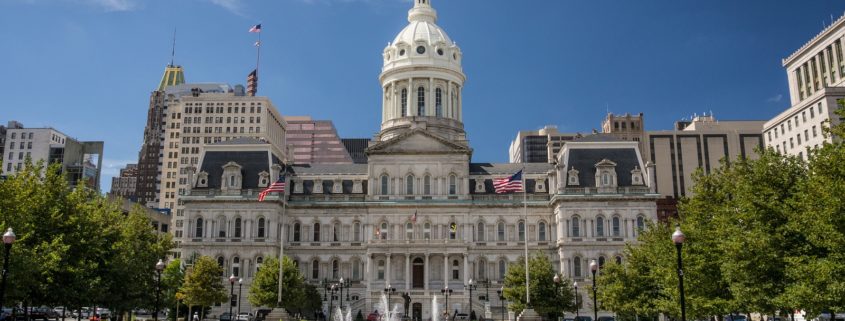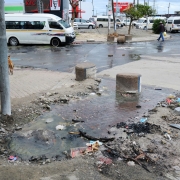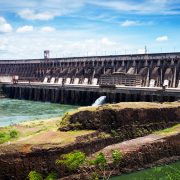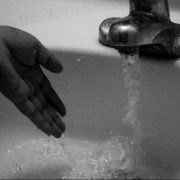Baltimore City Council to Introduce Water Affordability Package in 2018
Baltimore is the latest U.S. city to reassess water aid for the poor.
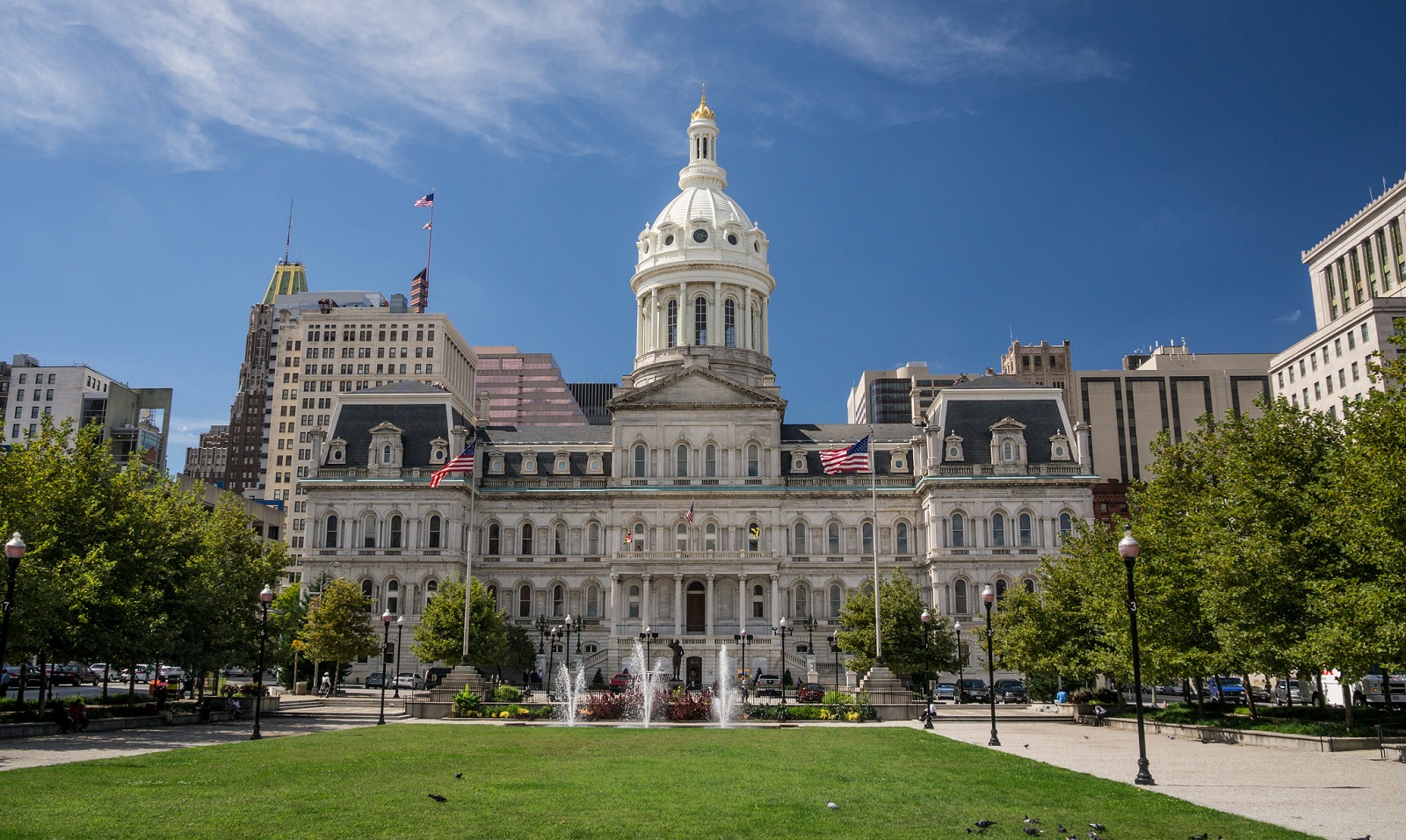
The Baltimore City Council is working on a water affordability package that will be introduced in 2018. Photo courtesy of Flickr/Creative Commons user k1rsch
By Brett Walton, Circle of Blue
The Baltimore City Council is developing legislation to lower water bills for poor households. The Council expects that the legislative package, which could include a requirement to tie water bills to household income, will be introduced in the beginning of 2018.
“We’re working on comprehensive legislation to reform water policy in Baltimore,” Lester Davis, a spokesman for Bernard Young, the Council president, told Circle of Blue. Young is leading the Council’s work on the affordability legislation.
An income-based rate would follow the path blazed by Philadelphia, which began offering such a rate in July.
The Council, as it is developing its approach, has been in discussion with advocacy groups such as Food and Water Watch and city agencies like the Baltimore City Department of Public Works.
Advocates argue that rising city water bills are a reason for change. The cost of water for a family of four using 50 gallons per person per day has increased 80 percent since 2010, according to Circle of Blue calculations. Rates are scheduled to rise another 10 percent next year. Not surprisingly, many households have fallen behind. An Abell Foundation report found that some 10,200 accounts were eligible for shut off in May 2016. The city’s poverty rate is 22 percent, more than eight percentage points higher than the national rate.
Those who are chronically behind on water bills can lose their homes through tax sales. The city sells the right to collect unpaid bills and taxes to investors, who can initiate foreclosure proceedings if the homeowner does not pay the lien plus interest and court costs. The Abell Foundation found 902 properties in 2015 that were subjected to a tax sale because of past-due water bills.
Utility officials, for their part, have reminded the Council that the customer assistance programs are paid for by utility customers and that there is a cost to providing water service.
“As Council members explore ideas about affordability, we explain to them about our expenses, sources of income, and our existing assistance measures,” Jeffrey Raymond, a Department of Public Works spokesman, told Circle of Blue.
The department’s costs will continue to rise. The city agreed to spend $1.6 billion over the next 13 years to reduce sewer overflows into the Patapsco and Back rivers to meet Clean Water Act requirements. Meanwhile, there are fewer customers to pay for the repairs. Baltimore’s population has dropped by eight percent over the last two decades.
The department’s current aid program is open to households that earn less than 175 percent of the federal poverty limit. To be enrolled in the program, which provides a one-time credit of $216, households must have received a shut off notice or be behind in their bills. There are also aid programs that exempt poor households from fees designated for Chesapeake Bay cleanup and stormwater retention.
This type of aid — offering help once a household has late payments — is reactive. Philadelphia officials, justifying their income-based aid program, told Circle of Blue that they wanted to prevent customers from falling behind in payments. Customers need not have past-due balances to sign up.
Davis said that Philadelphia’s program is a model that the Council is looking at.
Brett writes about agriculture, energy, infrastructure, and the politics and economics of water in the United States. He also writes the Federal Water Tap, Circle of Blue’s weekly digest of U.S. government water news. He is the winner of two Society of Environmental Journalists reporting awards, one of the top honors in American environmental journalism: first place for explanatory reporting for a series on septic system pollution in the United States(2016) and third place for beat reporting in a small market (2014). He received the Sierra Club’s Distinguished Service Award in 2018. Brett lives in Seattle, where he hikes the mountains and bakes pies. Contact Brett Walton

